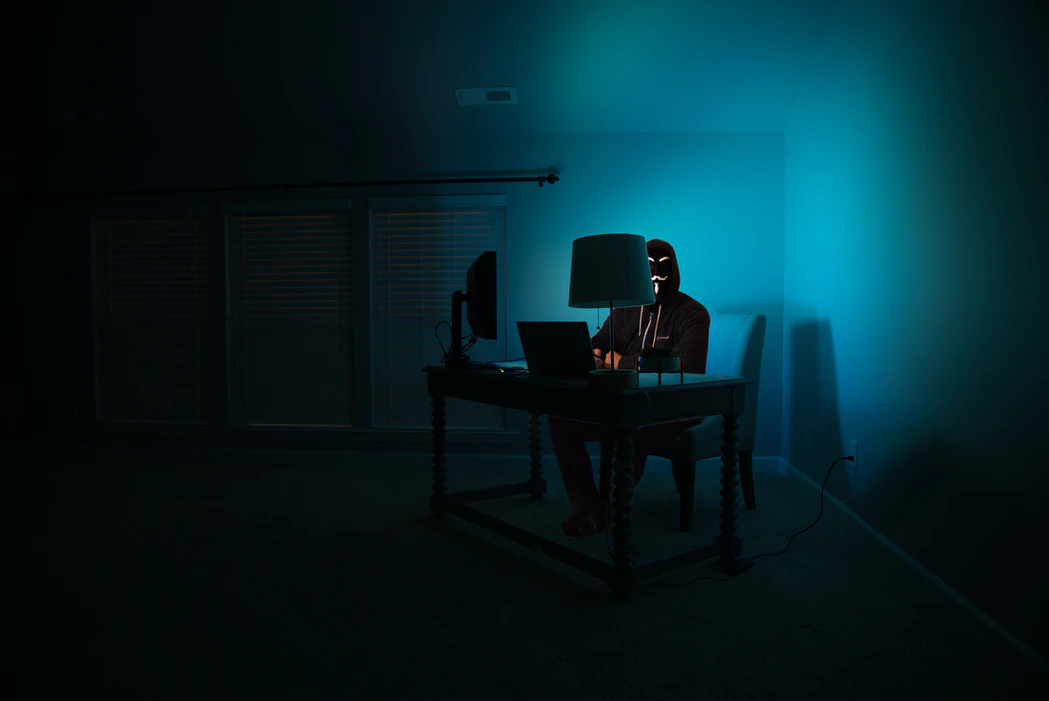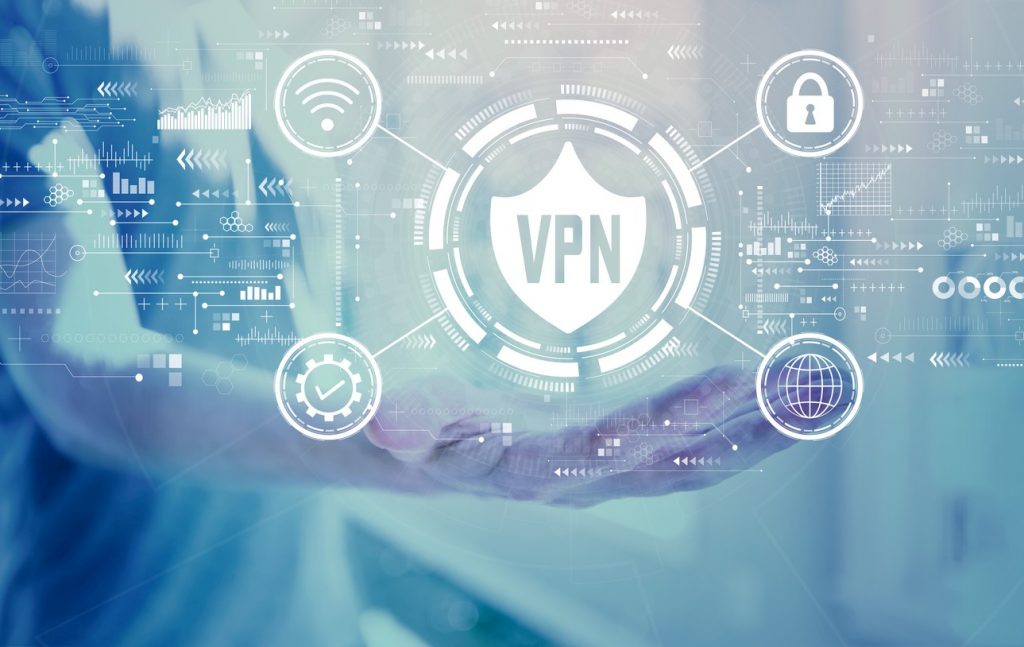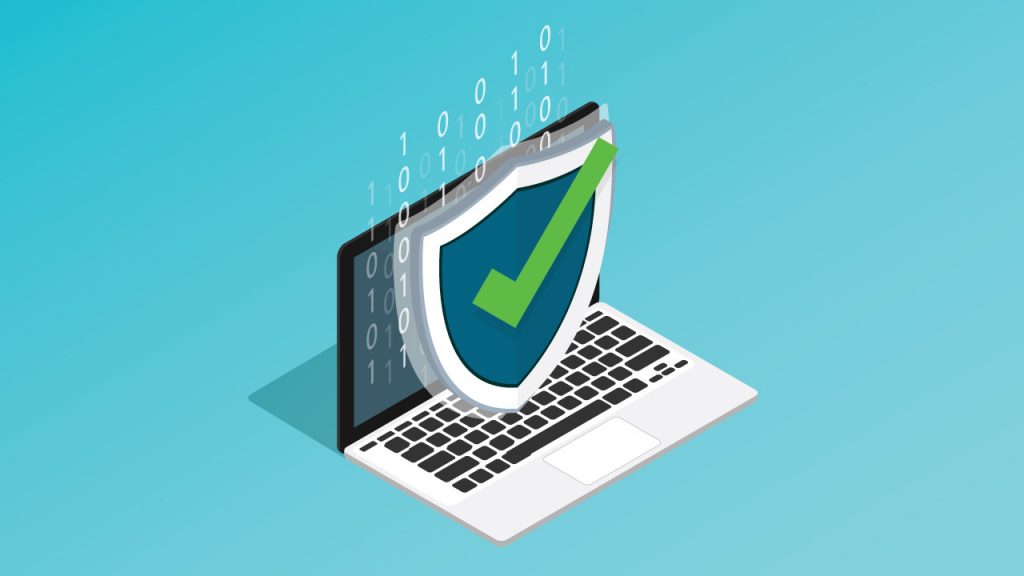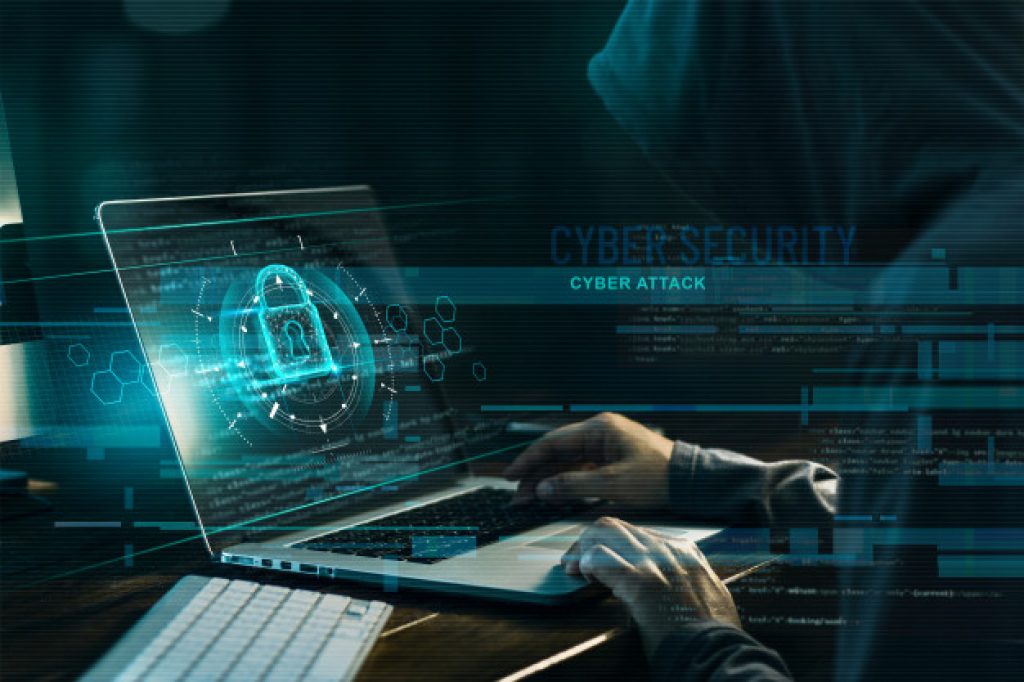
Is Cybercrime a one-off incident? Are you too small a business or nobody to feel insecure about identity theft? These questions and several others, like them, highlight our perspective on cybercrimes. It’s a pity our online safety measures haven’t grown before the infant stage. We still think our computers, cell phones are out of the targeted list. The truth is every person who uses online services is at the risk of identity theft. It’s time to undergo the latest JustCybersecurity training programs.
Table of Contents
1. Take Immediate Action to Protect Your Computers, Cell Phones
As an online user, everyone must accept the threat lurking large. You could only protect your online identity by considering yourself a target first. Install an industry-standard antivirus to stop falling victim to cheap marketing traps.
2. Don’t Play with Passwords
How many times do we pick easy passwords? The irony is that even we don’t remember when we login again. Hackers would have an easy time breaking in. The bad part is you wouldn’t realize and continue making the same mistake with other accounts too. Experts recommend using a password management app to stay secure.
3. Stop Acting Like a Soft Target
Some individuals share information that proves critical in unlocking the account by hackers. Have you ever checked posts with people sharing the names of their family members or pets? What it does is exposes sensitive data. Hackers feast on such data and never stop stalking them. It may sound a bit exaggerated at first but let the information settle down. It’s a serious security breach by none other than the account-holder itself.
4. Phishing Awareness is Effective Against Lucrative Baits
Phishing scams tempt by claiming to offer heavy discounts. Phishing awareness training highlights the current techniques practiced by hackers. Hackers target most of their victims via emails. They could use texts too, but the focus remains on emails. You should never open a link if you haven’t subscribed to a service or message that sounds dubious.
5. Don’t Publicize Your Personal, Professional Tours

img source: elsevier.com
The best safety measure is not to share your schedule or traveling timings on social media. The information you share would come back to haunt you. Hackers found a way to track and break the security wall. We drop the guard on holidays or official tours. How we drop cues makes us feel bad once we realize the mistake. Our computers and cell phones are under the threat of a breach with a lackluster approach.
6. Open Devices Attract the Trouble
The habit of leaving the machine open or cell phone unlocked turns into a nightmare. You may not have thought of leaving it unattended for long, but then you met someone or got busy talking. It puts our online identity at the mercy of the onlookers. It happens, and it happens with everybody. The only fix is not to leave your workstation before locking the computer and cell phone under lock.
7. Secure Your Devices with High-Grade VPN Service

img source: kaspersky.com.au
Public Wi-Fi offers convenience. It brings along a list of threats your system may not have the security shield to stop. You cannot trust public Wi-Fi to protect your data. The best way is to have the best VPN (Virtual Private Network) to continue enjoying the benefits. These services are worth the investment. Peace of mind and assurance are essential to living a happier life.
8. Install Software Updates to Fix the Existing Cracks
Phishing awareness training educates users on software updates. Installing the latest software updates stops the hackers from exploiting the gaps. What if your system hasn’t got the latest updates. Hackers continue to look for vulnerabilities. They can’t help but pick the soft targets to make them pay for ignorance.
9. Install the Latest Security Software for Computers, Cell Phones

img source: pcmag.com
Smartphones have replaced computers (Laptops). People shuffle between mobiles and computers to enhance productivity. Your cell phones should have the latest antivirus protection to protect the data. There’s no point in installing apps from unknown sources.
10. Back-Up Data to Recover From Cyber Crimes Unharmed
Losing data could cripple your network. You could lose access to information considered essential to run business operations. What next? An ideal option is to save crucial data and store it in the cloud. You could go ahead and uninstall the programs to get rid of the malware. Then, reinstall the software to have everything up and working.
Cybercrimes could target anybody. Your small business or no-celebrity status is no assurance of safety. It becomes your responsibility to stay away from the prying eyes of the hackers. One thing individuals could do is to follow the guidelines. They cannot use ignorance or lack of technical knowledge as an excuse. The antivirus software would stop hackers from entering the system. It wouldn’t help if you continue playing ignorant or leaving too much information on public sites.
Our computers and cell phones contain vital information. It needs investment to protect sensitive data. Or else pay the ransom to have what belongs to you. Hackers could break some of the advanced systems. What if you don’t adhere to rules and expose personal information. Where does it leave you? Do you think hackers would skip such a soft opportunity without making you pay the price? Your smartphone could take your business down. It’s a dreaded thought. Isn’t it?
Author bio

img source: liquidweb.com
“how about Andrew Starr is a Cyber Security Professional with over 25 years in the Industry. As a CISSP he is passionate about helping businesses secure their systems and networks. Over the years he had the privilege to work with clients from all around the world, including household names like Barbour and Unilever to the Metropolitan Police.
Currently, he is working with Just cyber security and working with leading cyber security solutions across the globe.”









